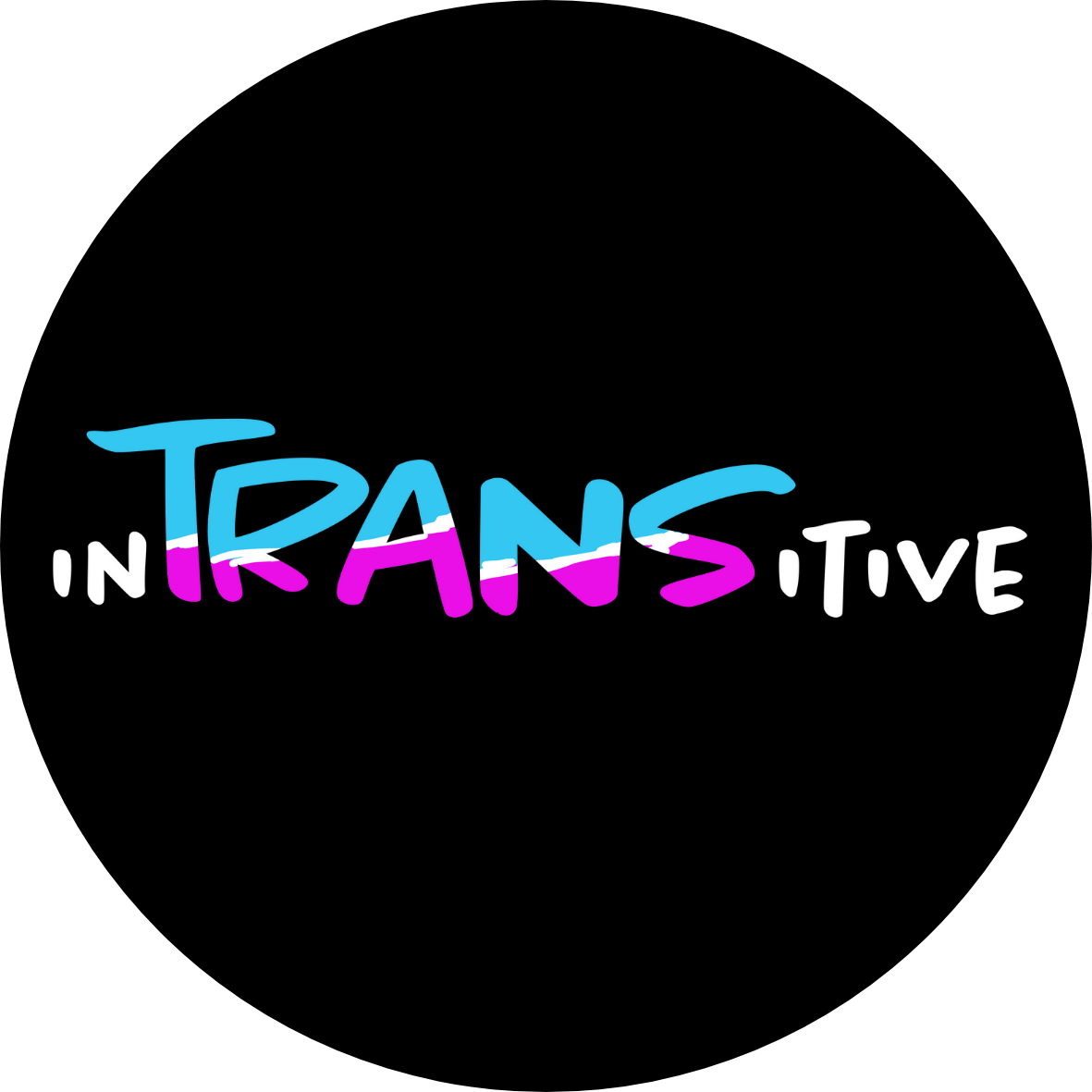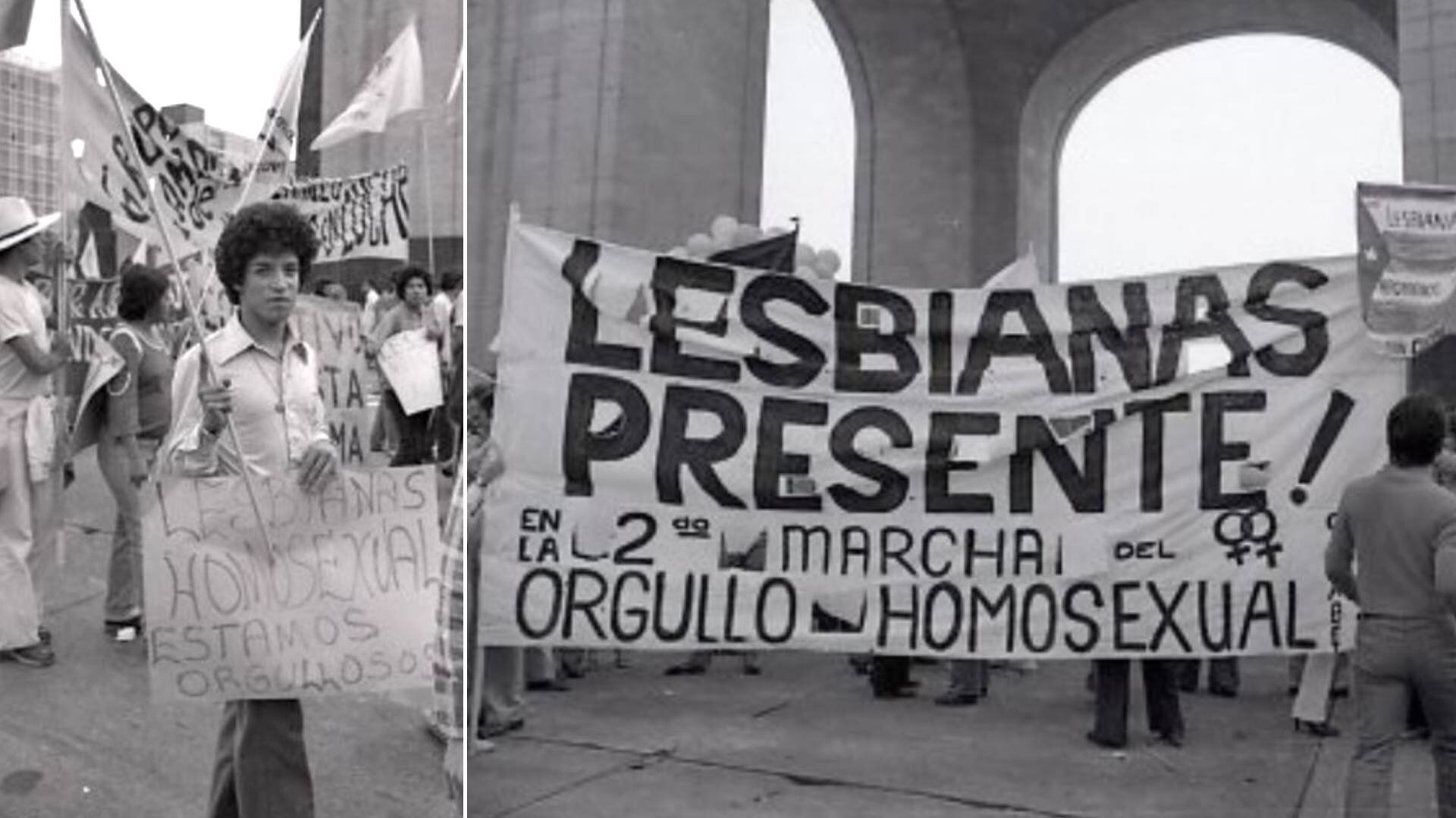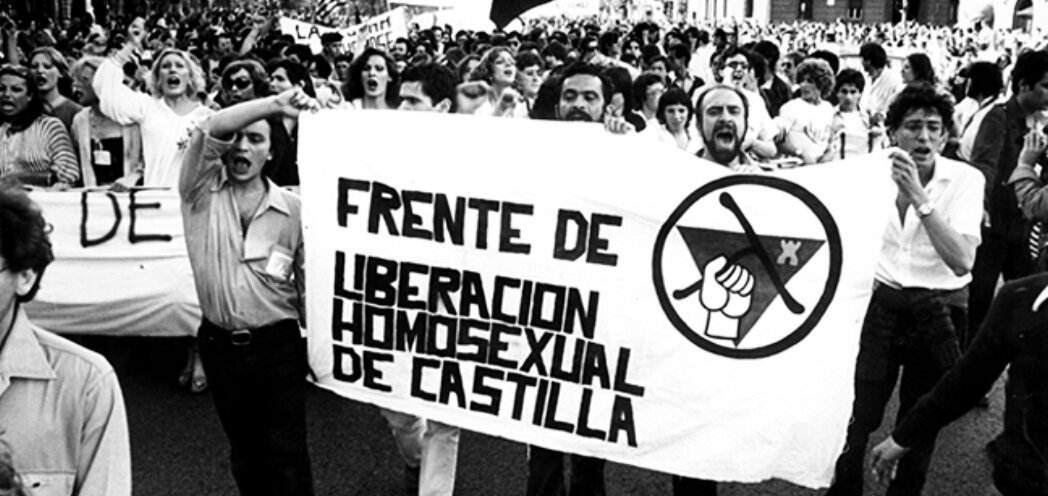A Brief History of the First LGBT Marches in Mexico
Photo: Gob.mx
One of the earliest antecedents of homosexuality being put into the public eye was on 1901 with the apprehension of 41 homosexual men inside of a house in Mexico City. Half of them were dressed in what was culturally considered women’s clothings. Legend says that among the detainees was Ignacio de la Torre, Porfirio Diaz’s[1] son in law, who was exempted from being arrested, and the remaining 41 were imprisoned. This anecdote would be immortalized on local newspapers and engravings made by Guadalupe Posada, where they caricatured and dehumanized the detainees with headlines like “Here are the fags, very cool and coquettish”[2].
Seventy years later, things would not have changed too much. The front pages of magazines, newspapers and tabloids always used derogatory words when talking about police raids where arbitrary detentions of homosexual persons and sex workers alike were carried out, always exhibiting their lack of morals in the most escandalous way possible. The LGBT population was living in hiding and in these clandestine circles that the first social movements originated to stop systematic repression and the violation of human rights.
One of these social movements was the Frente de Liberación Homosexual (Homosexual Liberation Front, or FLH by its acronym in Spanish), headed by the lesbian activist Nancy Cárdenas[3], that was founded as a response to a discrimination act against a man that was fired by a department store in Mexico City for the suspicion of being gay[4]. Another one of this collectives was the Frente Honosexual de Acción Revolucionaria (Homosexual Revolutionary Action Front, or FHAR), promoted by Carlos Monsiváis[5]. One more would be SEXPOL, founded by the activist Antonio Cué in 1975 and was dedicated to studies on sexuality and politics[6]. On the part of groups made up of lesbian women, we would have Ákratas (1975), Lesbos (1977) and Oikabeth (1978)[7], considered the first public organizations of lesbian women. Finally, with an open feminist position, we had Grupo Lamda de Liberación Homosexual (Lamda Group for Homosexual Liberation, 1978) founded by the writer Claudia Hinojosa[8].
We cannot also skip mentioning Emma Yessica Duvalí, one of the pioneers of trans rights activism on the streets of Mexico, who lived in person the atrocities of the police when she was incarcerated for being herself, and now dreams of the day when Mexico can have a transgender person in a position of political power[1].
These organizations and many other activists would play a fundamental role in the political context of Mexico in the visibilization and destigmatization of the LGBT population; as well as, in the case of lesbian women, the liberation of women and the fight against patriarchy. Their public manifestations against police persecution, the razzias[1] and systematic discrimination would be would be antecedent to the march for LGBT pride.
On July 26, 1978, during the march for the anniversary of the Cuban Revolution, about thirty members of the FLH participated in the protest against the abuse faced by the LGBT population. They left the independence column and walked down Lerma street when they were diverted by the police who closed the Paseo de la Reforma to them. Later, on October 2 of the same year FHAR, the Grupo Lambda de Liberación Homosexual and the autonomous group of lesbians Oikabeth headed a a contingent of a few dozen people in the commemorative march for the 10 years of the 1968 crackdown on the student movement. A year later the first Gay Pride March would take place[2].
Since then, in addition to the demand for decriminalization and depathologization of sexual diversity, more petitions have been added to the cause. For example, the creation of specialized health centers and the distribution of HIV/AIDS medication, and the destigmatization of this chronic condition; the legal validity of domestic partnerships and equal marriage, as well as adoption rights for same sex couples; the legal recognition of trans identities and the homologation of identity documents, among others.
In the state of Oaxaca, on the Istmo de Tehuantepec region, at the south of Mexico, there are 3 recognized genders: men, women and muxe, in tune with Lukas Aveldaño, social anthropologist and themself a muxe, evidences: this third classification has been recognized and celebrated since prehispanic times.
During celebrations the muxe community likes to dress up in the traditional huipil, characteristic of women from the Istmo, that consists in a long flowery skirt, the huipil richly decorated, with lots of flowers, abundant jewelry made of gold on the neck, hands, earrings, heavy make up and braided hair. Muxes play a fundamental role in parties (making up for the most of the manual labor and the decorations), in the preparation of food and clothing, hairdos and make up.
“They have a fundamental role in the preservation and reproduction of the contemporaneous identity of the Zapotecas and I believe the identity of the Zapotecas has been very much benefited by the repositioning of the muxes”, Dr. Natividad Gutiérrez Chong, from the UNAM Institute of Social Research, stands out. Which has also implied a manifestation of diversities before the colony and a positioning in the public space, using the body and expression. The demonstrations are not only contained in the cities and their streets, the demonstrations have also been built in various public events since before what were even considered the Stone Wall riots, the disruption of the weaving community has been present.
Despite all these victories, there are still some goals to fight for, in what conservatives would call the "gay agenda". Among them, guaranteeing the rights of trans children, an issue that has always been urgent due to the way in which they are violated from home, school and public spaces; legislate a ban on conversion therapies that continue to affect the emotional, mental and physical health of many LGBT people all over the country; or to strengthen political and electoral rights by integrating people of sexual diversity and other historically excluded groups to candidacies for popularly elected positions.
For all this, in this LGBT Pride March number XLIII, let us not stop fighting to honor those who have contributed their efforts and sometimes their lives to achieve a more inclusive society with rights for all people of sexual diversity in Mexico. Is necessary to support every march in every part of the country; at the states, municipalities, towns and spaces that reclaim their rights and freedoms. As well as people that live in other countries and had to migrate. Their demonstrations exist and matter.
Going to the streets will continue to be a ritual to which it will be important to go when justice does not arrive and where hope also meets between the faces and hearts of those who are present.
References
● “Breve historia de la primera marcha LGBT+ de México” https://www.gob.mx/cultura/es/articulos/breve-historia-de-la-primera-marcha-lgbttti-de-mexico?idiom=es
● “El movimiento trans en México. Una mirada desde Almas Cautivas”, Ari Vera, Daniela Esmeralda Vázquez, Lía García
● “El Movimiento de Liberación Homosexual en México. Parte I: Antecedentes y surgimiento”, Carlos Martínez Carmona
● “La trayectoria política del movimiento Lésbico-Gay en México”, Jordi Diez
● “43 años del Orgullo LGBT en México: logros y retos”, Antonio Medina Trejo
https://confabulario.eluniversal.com.mx/orgullo-lgbt-mexico/
http://ciencia.unam.mx/leer/925/los-muxes-el-tercer-genero-


